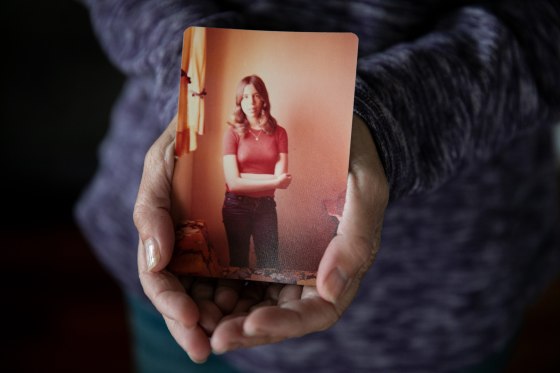- Joined
- Mar 25, 2010
- Messages
- 57,606
- Reaction score
- 32,115
- Gender
- Female
- Political Leaning
- Libertarian - Right
I seem to recall a British murderer being found years later via a familial match of his son's DNA on a criminal database. The murderer had died in the meantime, but they exhumed his body to be sure.
Very cool. If only this technology was available earlier. We'd have a lot less cold cases.

